Did Caligula really declare war on Neptune?
A story about the day emperor Caligula ordered his soldiers to fight with the waves, declaring war on Neptune.
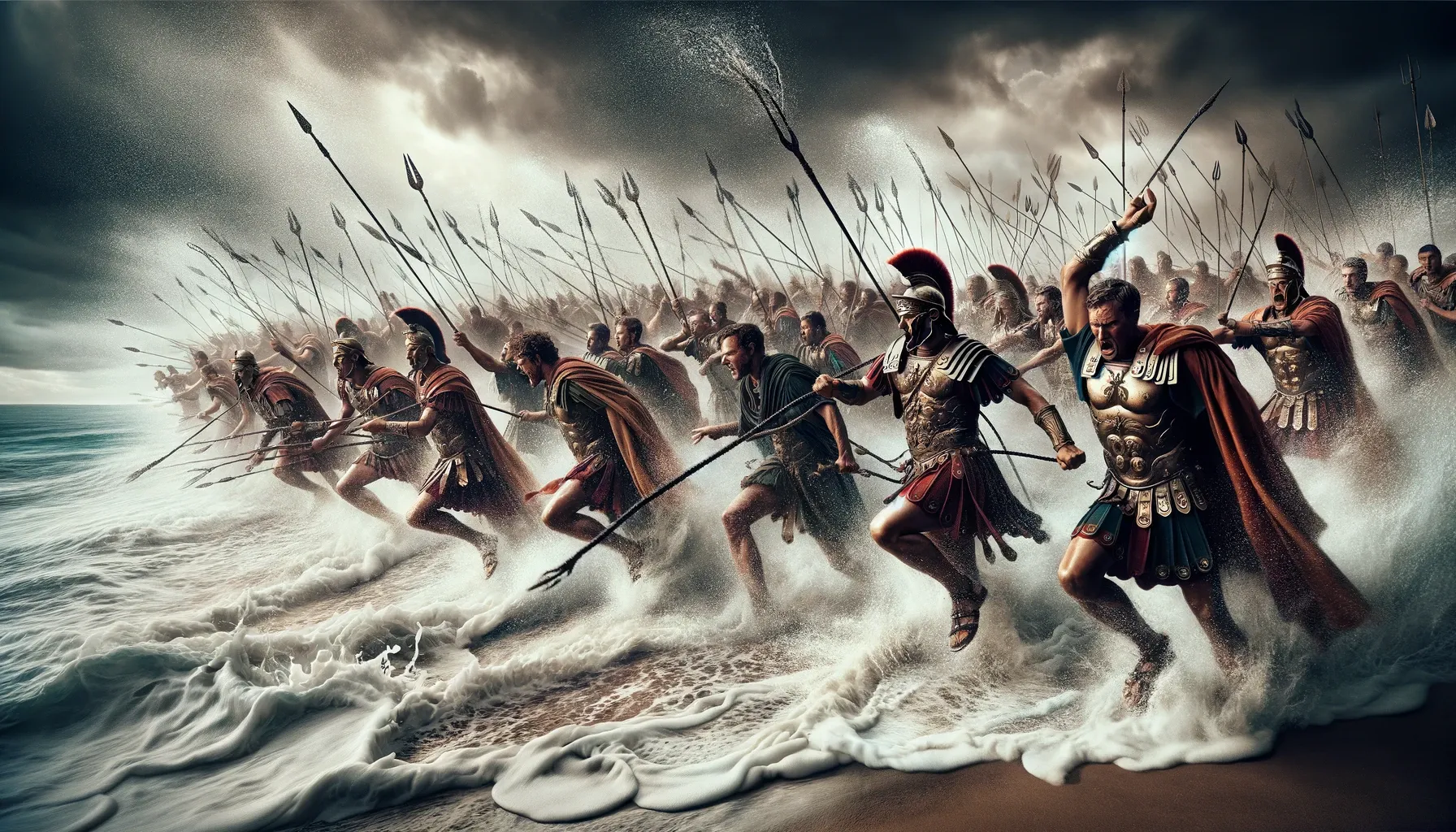
Disclaimer
This story is based on historical figures, but is ultimately a work of fiction. We're a small team of human writers, fascinated with Ancient Rome and its myriad myths and legends. Narrating fantastical stories to each other started as a hobby; and with the help of AI tools, we are able to share our passion with the rest of the world. We wholeheartedly wish you enjoy our craft – Carpe diem.
In the year of the consulship of Gaius Julius Caesar Augustus Germanicus, known to history as Caligula, an event unfolded that would forever blur the lines between madness and genius, power and folly. This is the tale of the day the Emperor of Rome declared war upon Neptune, god of the sea.
On the shores of Gaul, facing the tempestuous waters that separated the Roman Empire from the mysterious isle of Britannia, the legions of Rome stood arrayed in full battle regalia. The soldiers, veterans of countless campaigns, found themselves confronting an adversary unlike any other: the endless expanse of the sea itself.
Caligula, robed in purple and gold, his countenance a mask of divine wrath, raised his arm high, signaling the advance.
"Today, we defy the very gods. Neptune shall bow before Rome's might!", he proclaimed.
The air was thick with tension, the soldiers exchanging bewildered glances, for their emperor had commanded them to do the unthinkable—to whip the waves into submission and collect seashells as tokens of their victory.
Among the ranks stood Marcus Valerius, a centurion whose loyalty to Caligula was as unyielding as the steel of his gladius. Beside him, Gaius Aelius, a skeptic who viewed the emperor's decree with disdain, muttered curses under his breath. And there was young Lucius, a recruit whose wide eyes reflected the madness of the moment.
As the legionaries began their futile assault upon the sea, lashing the waves with their whips, Marcus shouted encouragements, his voice barely audible over the roar of the ocean. Gaius sneered, "Are we to drown Poseidon with our sweat, then?" But Lucius, ever the innocent, scooped seashells into his helmet with a zeal that belied the absurdity of their task.
The day wore on, the sun casting long shadows over a beach littered with the spoils of a war against nature. Caligula watched from his high seat, a smile playing upon his lips—a smile that none could decipher. Was it the mirth of madness or the satisfaction of some unseen strategy?
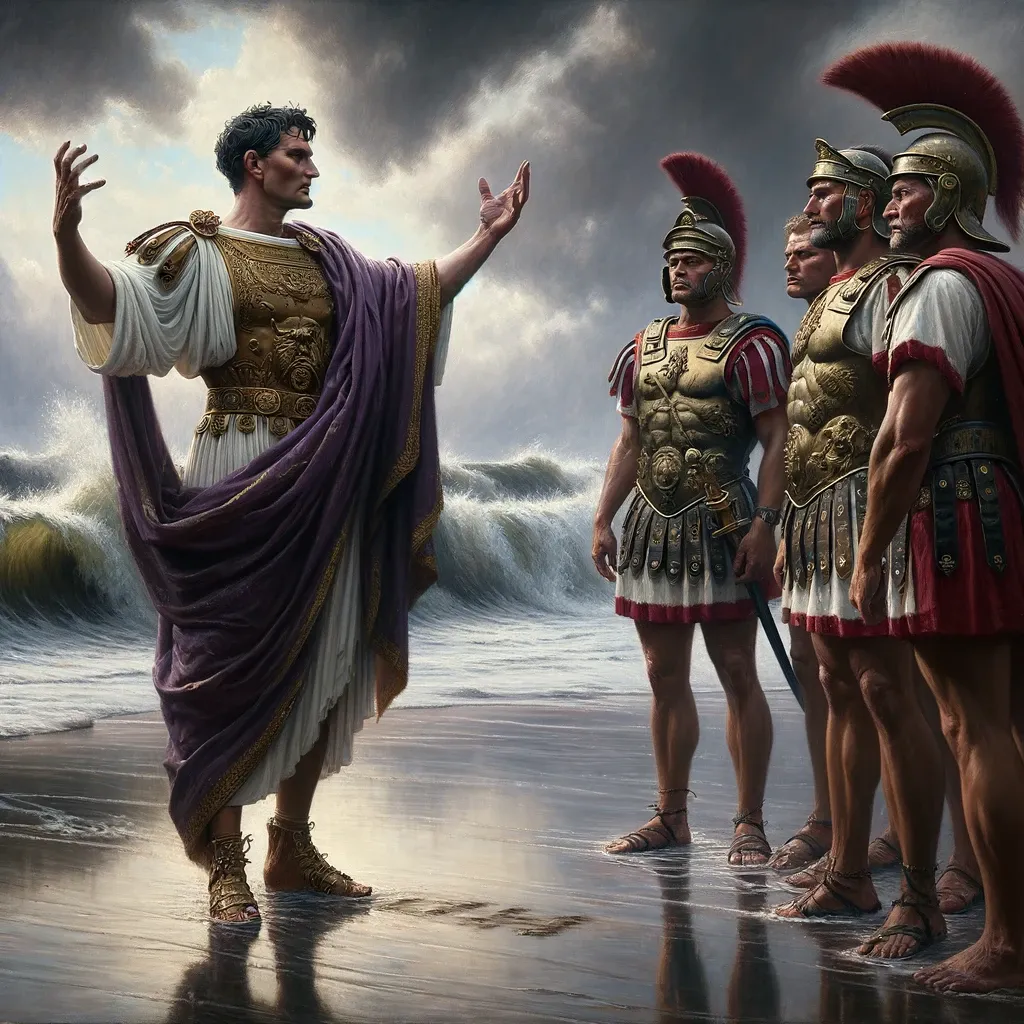
As the emperor descended from his seat, his sandals sinking into the wet sand, he approached the trio. To Marcus, he said, "Your loyalty shall be the foundation of Rome's eternal glory." To Gaius, "Even the skeptic serves my purpose." And to Lucius, "Your innocence has won you the favor of the gods."
But it was to all his soldiers that Caligula revealed the heart of his madness—or genius. "Let it be known," he declared, "that on this day, we have made a mockery not of ourselves, but of those who dare question the power of Rome. Let the Senate ponder this 'victory' and the people marvel at our conquest. For who but the gods can claim dominion over the sea—and who but Caligula can claim dominion over the gods?"
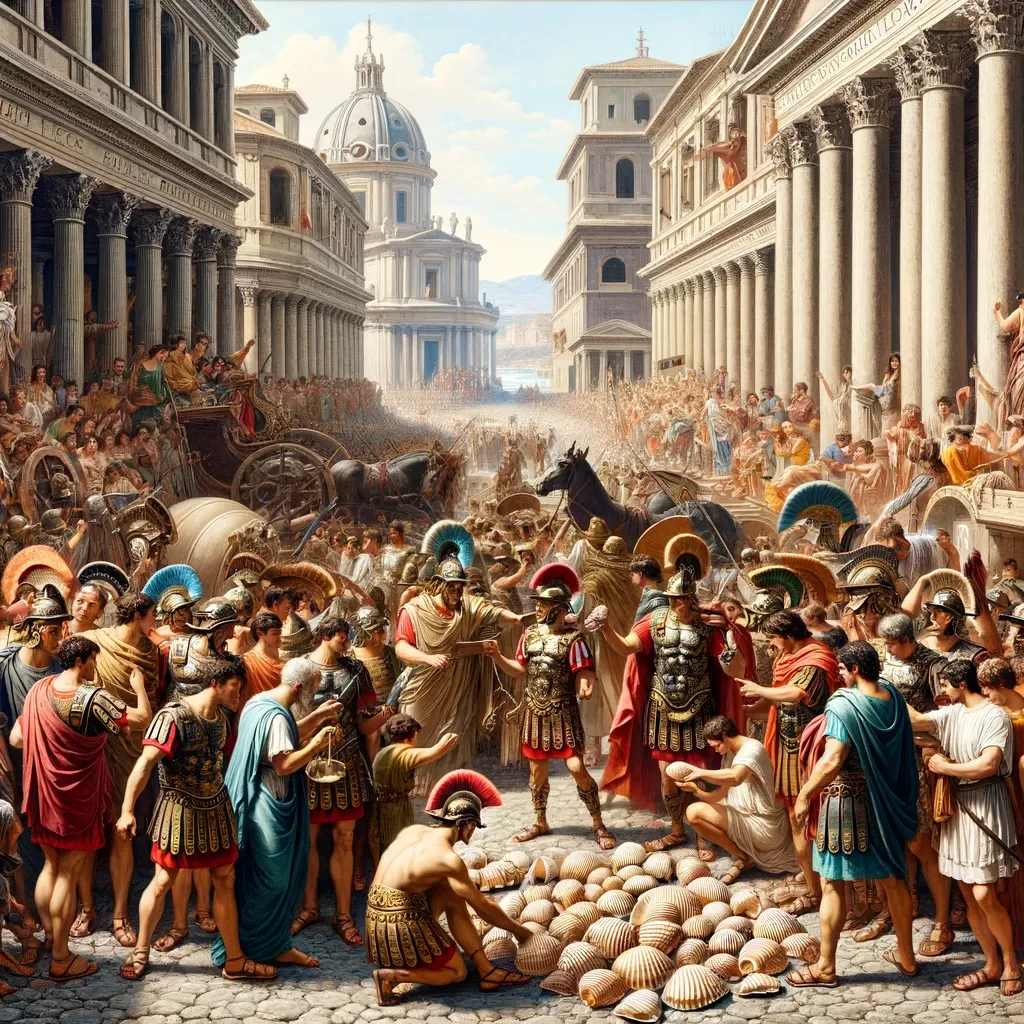
The legions returned to Rome, their helmets filled with seashells, the spoils of a war that had never been. The Senate whispered in hushed tones, while the people spoke openly of their emperor's divine victory. And in the midst of it all, Marcus, Gaius, and Lucius found themselves the unlikely heroes of an empire that teetered on the edge of reality and myth.
Time passed, and the story of Caligula's war against Neptune became a legend, a tale told and retold until the lines between truth and fiction were irrevocably blurred. Some said Caligula had been mad, a tyrant whose grip on reality had slipped like sand through his fingers. Others argued he was a strategist of unparalleled cunning, using spectacle to cement his power. Yet, there were those who whispered of a third truth—that Caligula had been a philosopher king, challenging the very notions of power, belief, and the nature of gods and men.
Marcus, Gaius, and Lucius, bound by the shared memory of that day, each carried away a different lesson. Marcus saw in Caligula the embodiment of Rome's indomitable will. Gaius learned the power of perception, how reality could be shaped by the will of the few. And Lucius, perhaps the wisest of them all, understood that history is a tapestry woven from the threads of countless truths, each as valid as the next.
So ended the day of Rome's war against the sea, a chapter in the annals of the empire that would forever echo with the sound of waves crashing against the shore, a reminder of the day when an emperor defied the gods and, in doing so, revealed the folly and the glory of mankind's unending quest for power and meaning.

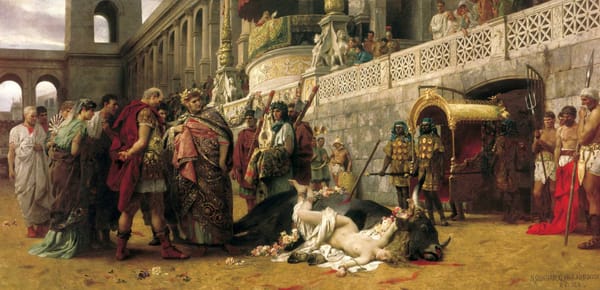
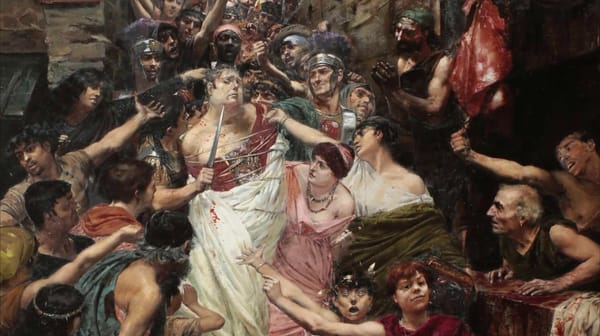
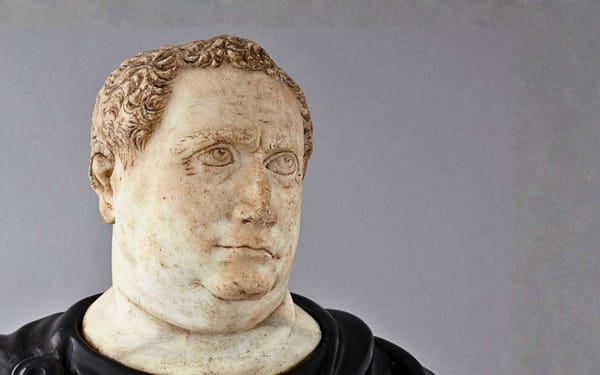
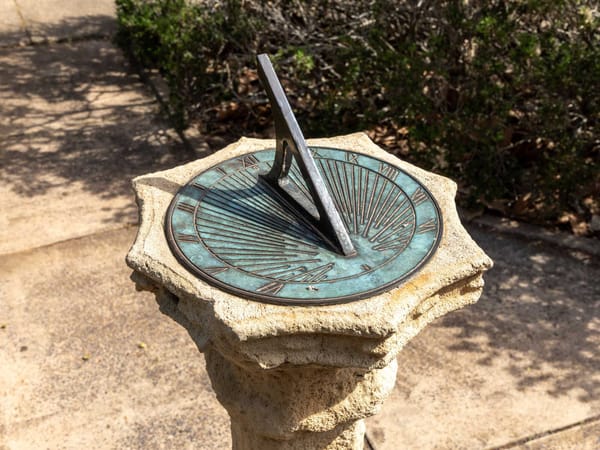
About the Roman Empire Times
See all the latest news for the Roman Empire, ancient Roman historical facts, anecdotes from Roman Times and stories from the Empire at romanempiretimes.com. Contact our newsroom to report an update or send your story, photos and videos. Follow RET on Google News, Flipboard and subscribe here to our daily email.
Follow the Roman Empire Times on social media: